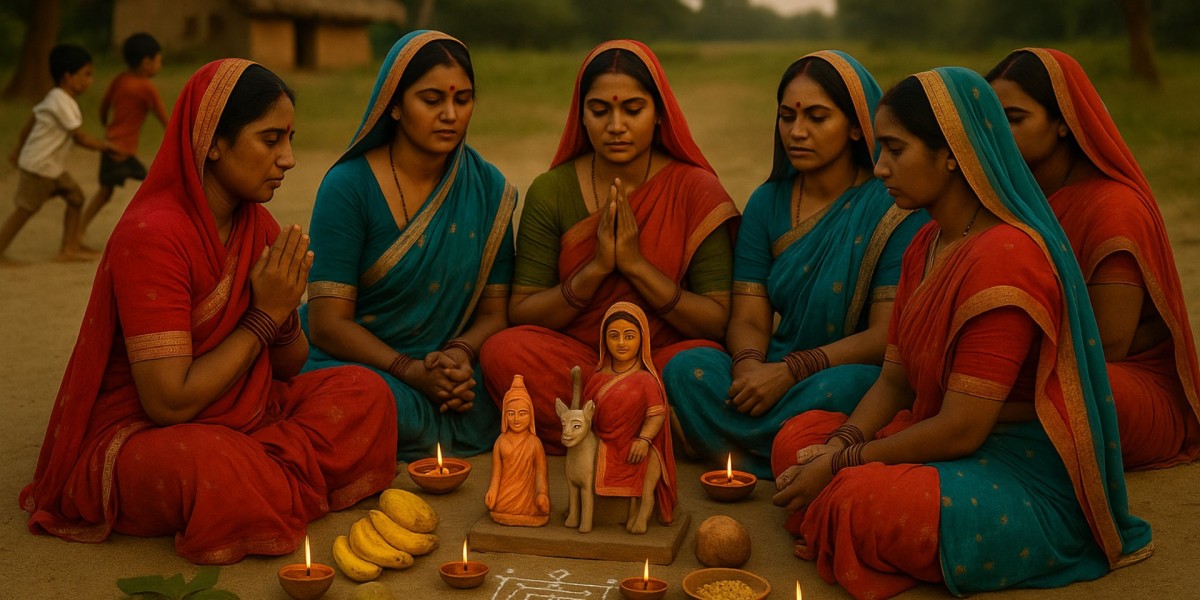Among the many traditional Hindu observances dedicated to fertility, protection, and family well-being, Halshashthi holds a special place. Primarily celebrated by women, this festival is deeply rooted in rural customs and symbolizes prayers for the health, prosperity, and longevity of children. Observed with simplicity, devotion, and purity, Halshashthi connects motherhood with divine blessings, reinforcing the cultural value placed on maternal care and nurturing.
The Significance of Halshashthi
Halshashthi, also called Lalhi Chhath or Lalhi Shashti in some regions, is dedicated to Maa Shashti, the goddess believed to protect children and grant fertility. The festival falls on the sixth day of Krishna Paksha (waning phase of the moon) in the month of Bhadrapada.
Traditionally, women—especially mothers—observe fasting and rituals on this day, seeking divine blessings for their children’s health, safety, and success. It is also significant for newly married women, symbolizing wishes for fertility and family prosperity.
Rituals and Traditions
Halshashthi is observed with deep devotion but simple practices, reflecting its rural and maternal focus:
Fasting by Mothers: Women fast the entire day, praying for the well-being of their children.
Offerings to Maa Shashti: Grains, fruits, and simple dishes are offered, avoiding certain foods like milk and curd.
Traditional Worship: Women draw sacred images of Maa Shashti on walls or use clay idols for worship.
Folk Songs and Stories: Tales of Maa Shashti’s protective powers are narrated, passing wisdom across generations.
Community Spirit: Groups of women often gather to pray collectively, strengthening social bonds.
Spiritual Meaning of Halshashthi
This festival conveys timeless values tied to motherhood and devotion:
Maternal Love: A reminder of the selfless prayers and sacrifices mothers make for their children.
Fertility and Prosperity: Symbolizes the divine role in blessing families with children and abundance.
Faith and Protection: Encourages belief in divine guardianship for children’s health and safety.
Cultural Continuity: Preserves traditional practices and rural spirituality across generations.
Regional Observances
Halshashthi is widely celebrated in Uttar Pradesh, Bihar, Madhya Pradesh, and parts of Chhattisgarh. Though rituals vary, the essence remains constant: devotion to Maa Shashti and prayers for child welfare. In some regions, women avoid plucking crops or consuming milk-based products as a mark of purity and respect for agricultural and maternal cycles.
Digest
Halshashthi is more than a ritual—it is a heartfelt expression of maternal devotion and cultural continuity. By honoring Maa Shashti, mothers reinforce their protective bond with children, blending spirituality with tradition. The festival reminds us that motherhood is a divine gift, nurtured by faith, prayer, and cultural heritage.







